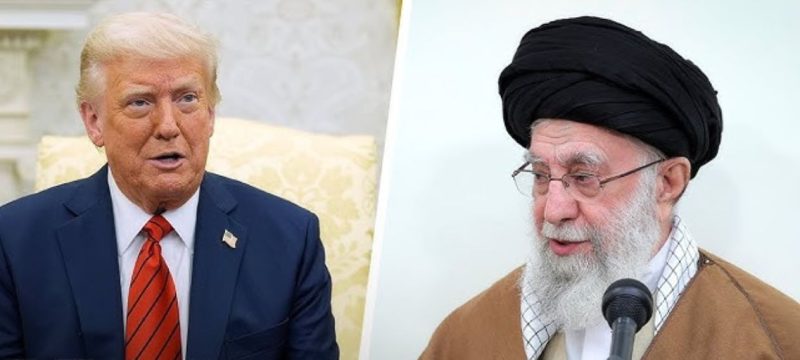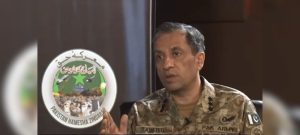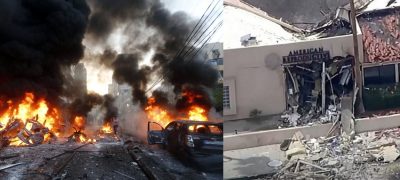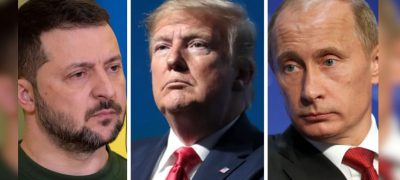Top Iranian leaders have fiercely criticized former U.S. President Donald Trump following a series of pointed remarks he made against Iran during his recent visit to the Middle East.
During a ceremony for teachers in Tehran, Iran’s Supreme Leader Ayatollah Ali Khamenei dismissed Trump’s comments, stating they were so demeaning that they didn’t warrant a formal response. He labeled them a disgrace both to Trump and to the American public, while attendees chanted anti-American slogans.
Read more: US Announces New Sanctions on Iran During Trump’s Middle East Tour
Trump, who toured Saudi Arabia, Qatar, and the UAE, praised these nations’ development while accusing Iran of corruption, poor governance, and environmental mismanagement, including turning farmland into barren land and failing to resolve the electricity crisis.
President Masoud Pezeshkian, speaking to naval officers, called Trump’s words contradictory—preaching peace while enabling conflict and supporting Israeli aggression in Gaza. He questioned the sincerity of Trump’s peace messages in light of past U.S. policies.
Foreign Minister Abbas Araghchi also weighed in, branding Trump’s allegations as misleading and claiming that U.S. actions—sanctions, military threats, and support for Israel—are the real sources of instability in the region.
Trump further provoked Tehran by praising Syria’s interim president Ahmed al-Sharaa and criticizing Iran’s support for the deposed Bashar al-Assad regime. This drew more criticism from Iranian officials, including Parliament Speaker Mohammad Bagher Ghalibaf, who dismissed Trump’s worldview as delusional. IRGC chief Hossein Salami highlighted Iran’s cultural and religious legacy as a counterpoint to Trump’s critiques.
Controversy deepened after Trump suggested he might start using “Arabian Gulf” instead of the historically recognized “Persian Gulf,” angering Iranian nationalists.
Nuclear Deal Tensions:
Despite the harsh rhetoric, both nations have shown limited openness to restarting nuclear negotiations. Mediated by Oman, several rounds of indirect talks have yet to yield a viable agreement. Trump claimed a new proposal was offered to Iran, but Araghchi denied this, citing mixed messages from Washington.
Araghchi reaffirmed Iran’s stance that it would never forgo its right to peaceful nuclear enrichment under the Non-Proliferation Treaty. Senior nuclear negotiator Kazem Gharibabadi also emphasized that Iran will not pause uranium enrichment—even if Trump returns to office.
Trump’s 2018 withdrawal from the 2015 nuclear agreement and the reimposition of sanctions continue to cast a long shadow over diplomatic progress.





